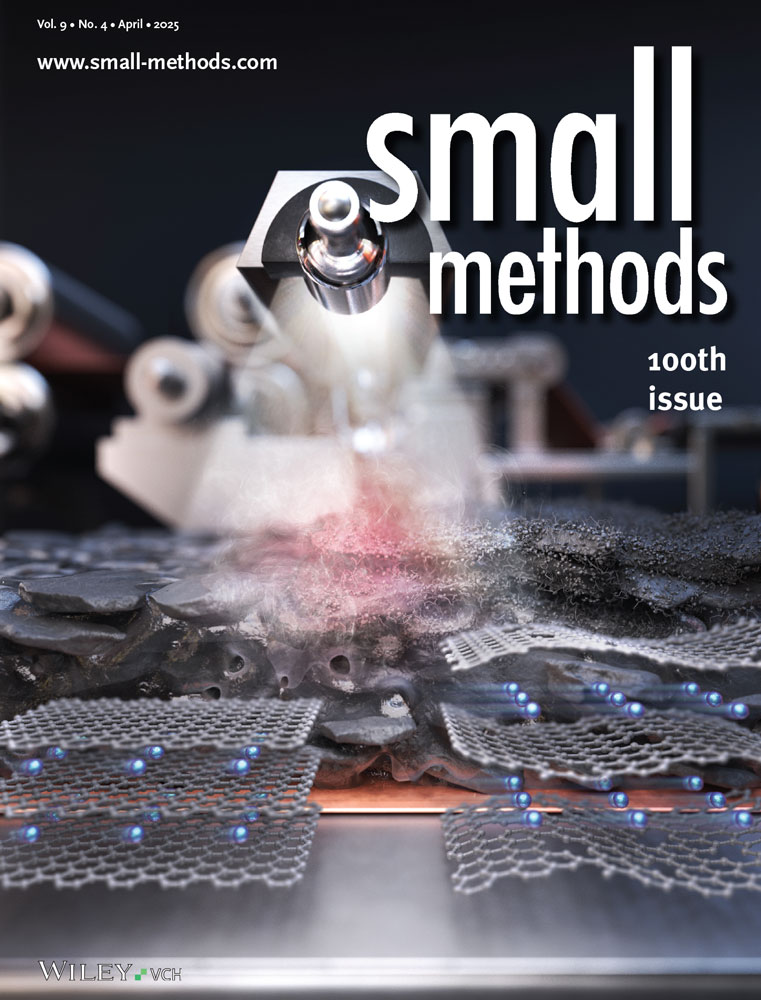Room-Temperature Single-Phase Synthesis of Semiconducting Metal-Covalent Organic Frameworks With Microenvironment-Tuned Photocatalytic Efficiency
Abstract
In order to improve the solubility of metallated monomers and product crystallinity, metal–covalent organic frameworks (MCOFs) are commonly prepared via high-temperature sol-vothermal synthesis. However, it hampers the direct extraction of crystallization evolution information. Exploring facile room-temperature strategies for both synthesizing MCOFs and exploiting the crystallinity mechanism is extremely desired. Herein, by a novel single-phase synthetic strategy, three MCOFs with different microstructure is rapidly prepared based on the Schiff base reaction between planarity-tunable C3v monomers and metallated monomers at room temperature. Based on detailed time-dependent experiments and theoretical calculations, it is found that there is a planarity-tuned and competitive growth relationship between disordered structures and crystal nucleus for the first time. The high planarity of monomers boosts the formation of crystal nucleus and rapid growth, suppressing the forming of amorphous structures. In addition, the microenvironment effect on selective photocatalytic coupling of benzylamine (BA) is investigated. The strong donor-acceptor (D-A) MCOF exhibits efficient photocatalytic activity with a high conversion rate of 99% and high selectivity of 99% in 5 h under the 520 nm light irradiation. This work opens a new pathway to scalable and efficient synthesis of highly crystalline MCOFs.
Conflict of Interest
The authors declare no conflict of interest.
Open Research
Data Availability Statement
The data that support the findings of this study are available from the corresponding author upon reasonable request.




